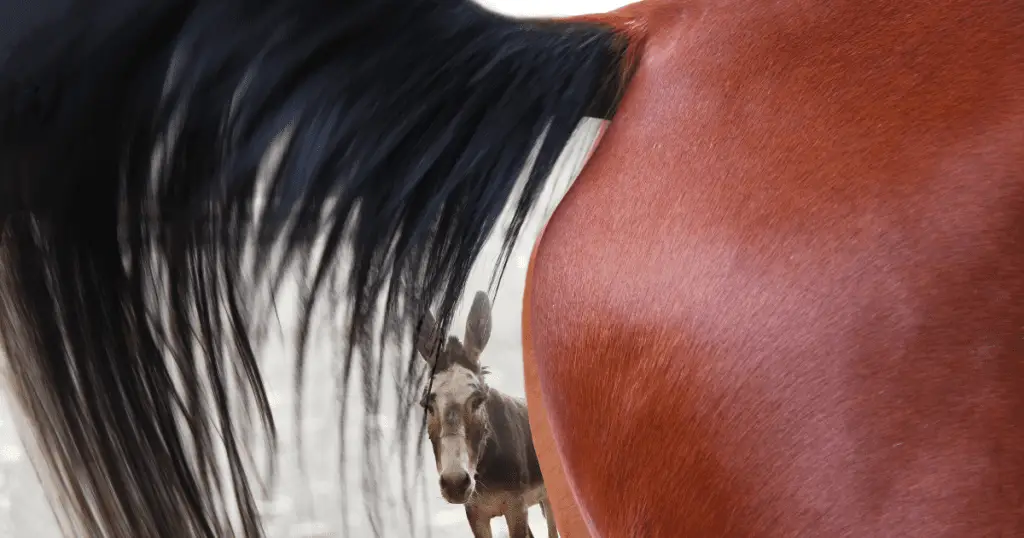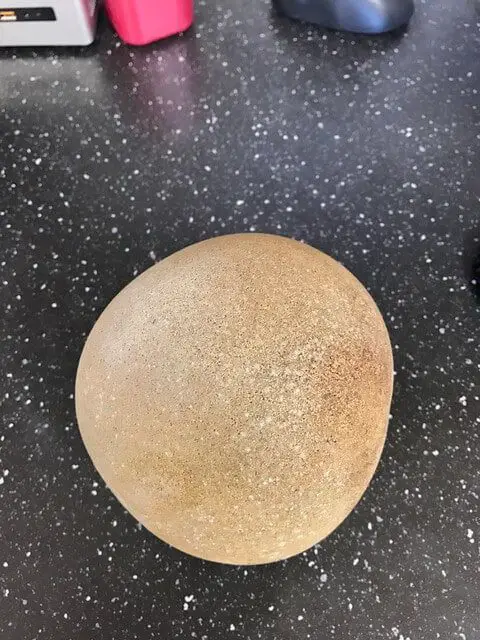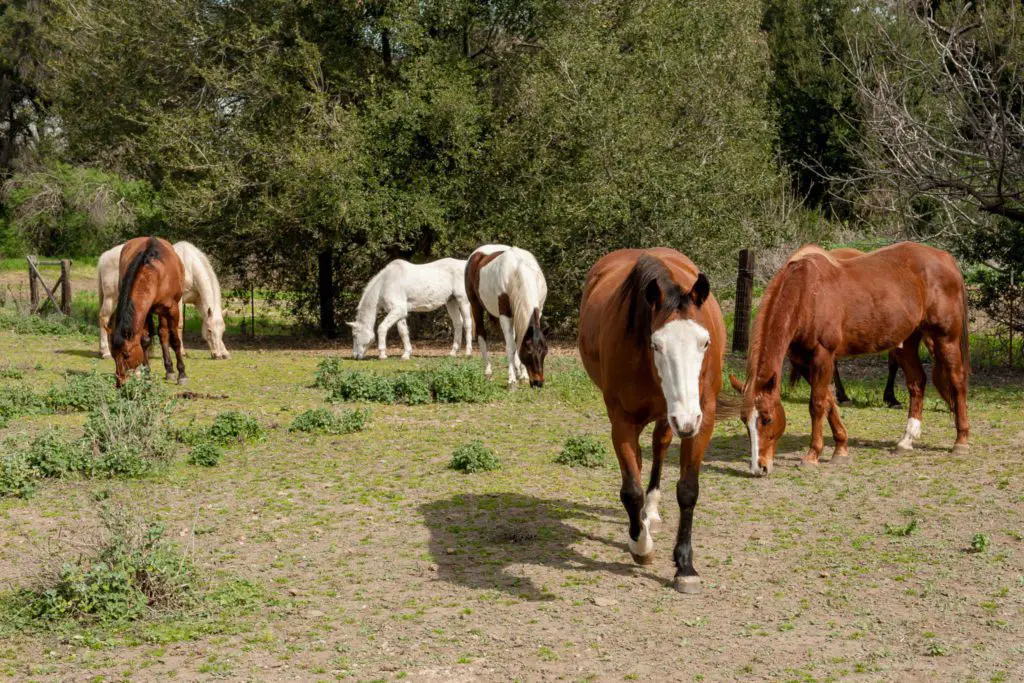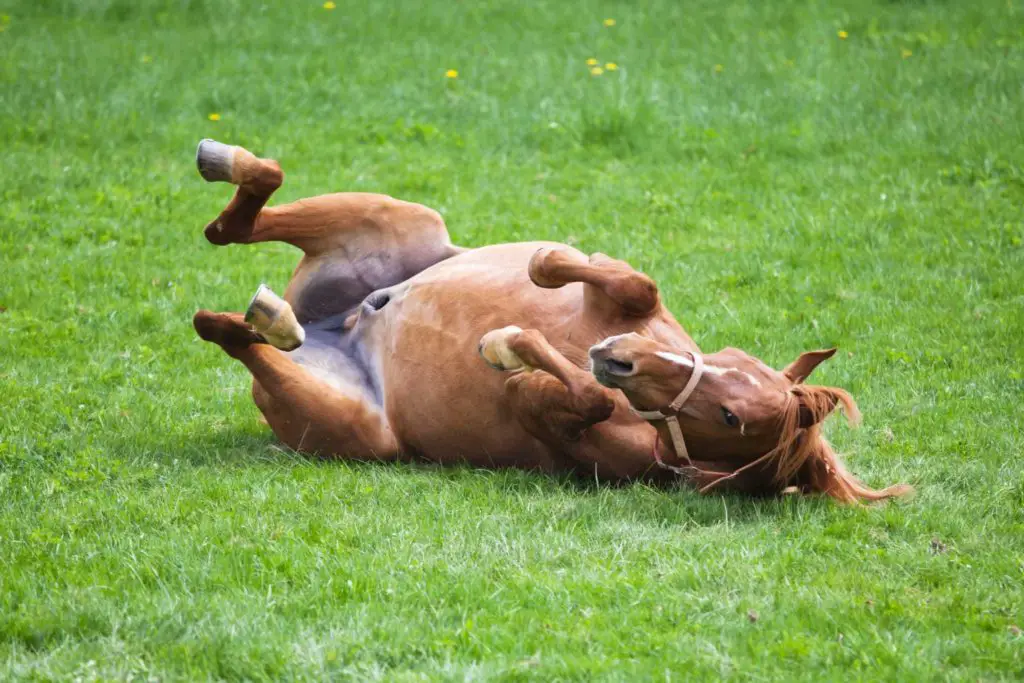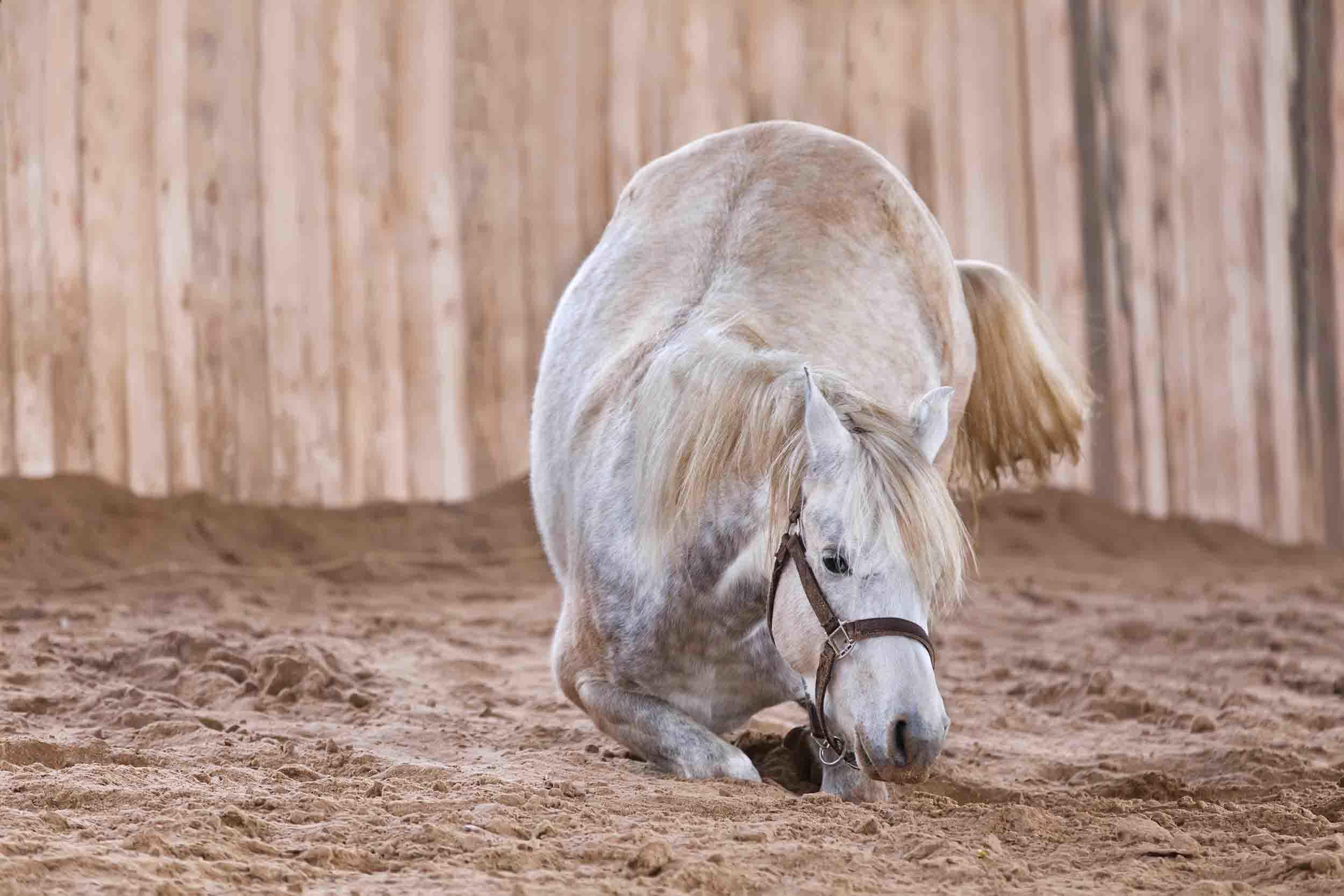Should I give my horse an enema if they have colic?
Administering an enema without the instruction or presence of your veterinarian can lead to serious complications. Instead, if you suspect your horse has colic, you should call your veterinarian who will be able to perform all procedures safely and efficiently. Things to consider before administering an Enema to your Horse The horse’s rectum is very fragile and, even if you’ve given an enema to another horse previously, you can cause rectal tears. Such tears can lead to secondary peritonitis, which is inflammation of the abdominal lining – a condition which can be fatal. Enemas can also make your horse strain causing unnecessary pain and can often worsen the condition. In addition, enemas are rarely useful in horses older than newborns as the intestinal tract is large and the impaction may simply be out of reach of the enema solution. If a horse has impaction colic, there are other steps which can be taken, including: Consult a Qualified Veterinarian Providing enemas to horses is often a contentious issue. However, regardless of your opinion on the use of enemas, no medical procedure should be done without the instruction or presence of a qualified veterinarian. If you suspect your horse has colic, including impaction colic, the first step you should take is to call your veterinarian. They will be able to examine your horse, make a diagnosis, and implement a treatment plan – safely and efficiently. Read More About Horse Colic
Should I give my horse an enema if they have colic? Read More »

